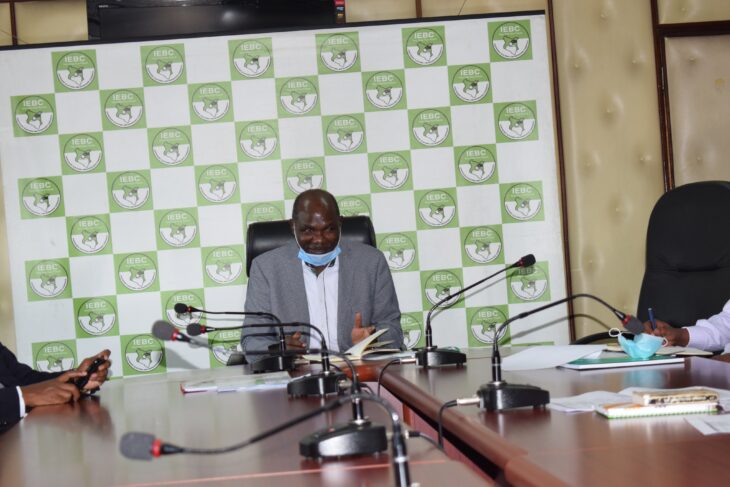The Independent Electoral and Boundaries Commission (IEBC) spent a total of KSh72 million during the three-day voter extension period.
While appearing before the National Assembly’s Budget and Appropriations Committee (BAC), IEBC Secretary Murjan Hussein Marjan said the commission spent KSh1,000 to register each voter during the three days extension ordered by the High Court.
“We did not realize significant figures after the court forced us to extend the mass listing for another three days. We spent KSh72 million, about KSh1,000 per voter to list less than 100,000 new voters,” Murjan told the committee chaired by Kieni MP Kanini Kega.

The commission was allocated KSh1.2 billion out of the KSh 4 billion it had requested to carry out the exercise.
On November 1, 2021, the High Court sitting in Eldoret issued exparte orders prohibiting the commission from closing the national voter registration exercise that was scheduled to end on November 2, 2021.
This was after the IEBC met persistent voter apathy which threatened to deny the electoral commission its target of six million new voters ahead of the next year’s General Election.
During the first two weeks of the voter registration exercise, only 491,968 new voters had been enlisted representing a paltry 15.5 percent.
Two weeks ago, IEBC chair Wafula Chebukati announced that the commission registered 1,519,294 new voters by the close of the Enhanced Continuous Voter Registration exercise.
The new voters account for only 25.3 percent of the targeted six million eligible voters.
“During the ECVR exercise, the Commission enrolled a total of 1,519,294 new voters out of the projected target of approximately 6,000,000 eligible voters, being 25.3 percent of the target,” Chebukati said.
